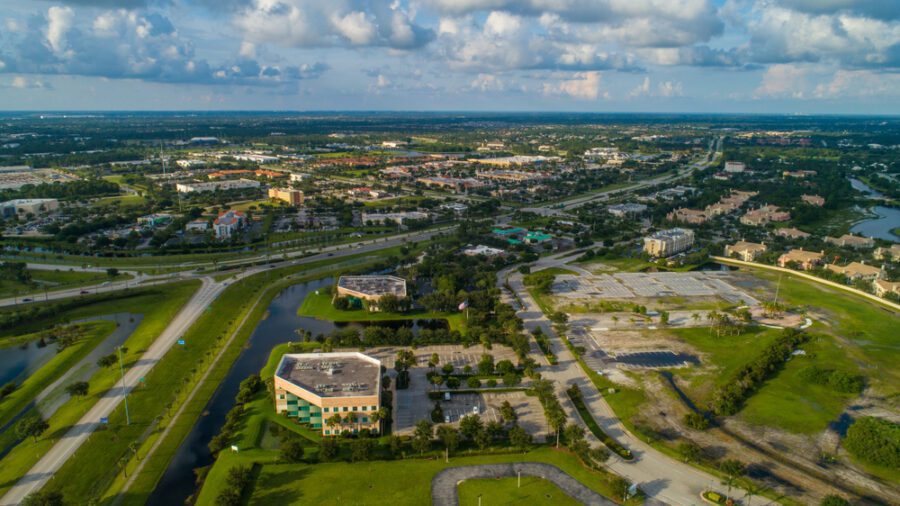
Understanding the Landscape of Florida Retirement Communities
Before we dive into specific locations, it’s important to understand the language. The term “retirement community” covers a wide range of living arrangements, each with its own rules, costs, and culture. Knowing the basic types can help you narrow your search from the very beginning.
The most common type you will encounter is the 55+ active adult community. These are neighborhoods or entire towns where at least one resident in most households must be 55 years of age or older. The focus is on a vibrant, independent lifestyle. They are packed with amenities like clubhouses, swimming pools, fitness centers, pickleball courts, and organized social events. You buy your home, condo, or villa and are responsible for its upkeep, though exterior maintenance is often handled by the community association.
You will also hear about Continuing Care Retirement Communities (CCRCs). These offer a different promise: a continuum of care as you age. You might start in an independent living apartment and then, if your health needs change, move to assisted living or skilled nursing care, all within the same campus. CCRCs typically require a significant upfront entry fee and then a monthly service fee. They provide peace of mind but come at a much higher price point than most 55+ communities.
Beyond these, you’ll find niche communities built around a specific interest, like aviation (with private hangars), RVing (with oversized garages), or equestrian activities. The key is to understand that these are not just places to live; they are structured lifestyles.
Two terms you must get comfortable with are HOA and CDD. An HOA, or Homeowners Association, is the governing body of the community. You pay a monthly or quarterly HOA fee that covers the maintenance of common areas, amenities, and sometimes services like lawn care or cable TV. The HOA also enforces the community’s rules and regulations, which can cover everything from paint colors to overnight parking.
A CDD, or Community Development District, is a bit more complex. It’s a special-purpose government unit that finances and manages the infrastructure for a new community. Essentially, the developer takes out a loan (a bond) to build the roads, sewers, and major amenities. This bond debt is passed on to homeowners and is paid off over many years as an annual assessment on your property tax bill. It is crucial to ask if a community has a CDD and, if so, how much is remaining on the bond for the specific property you are considering. It is a cost on top of your mortgage, HOA fees, and property taxes.









